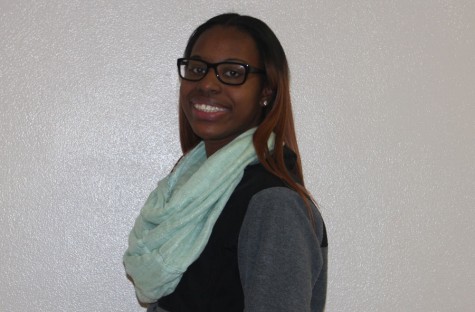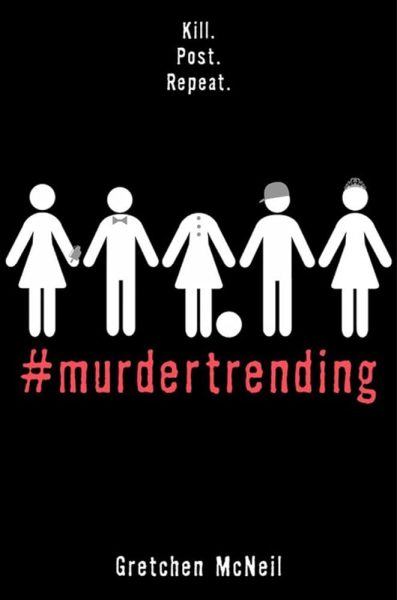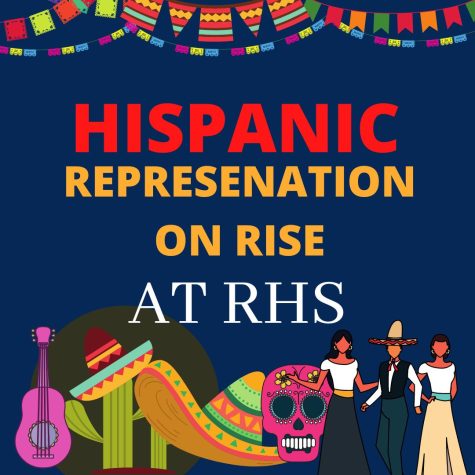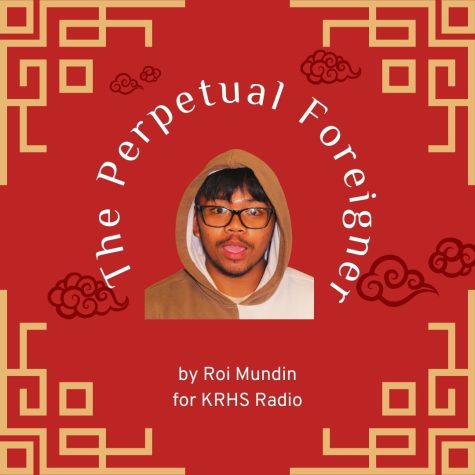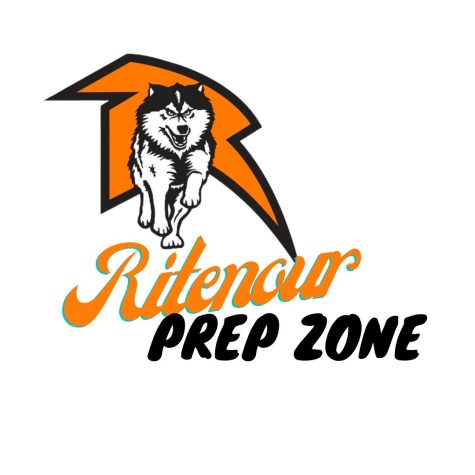Ritenour Urban Dictionary
Slang is more than just a way of speaking
May 21, 2014
Low key, Ritenour High School is really drove and the students there do not know what they are talking about.
If a guest were to walk through the crowded halls of Ritenour students, they would think they were in another country, because of the foreign language they overheard.
From hearing a high pitched “Skeeee-yeeet” yelled from one end of the hallway to another, to hearing a low, deep “aye bruh” coming from over your shoulder, slang words often dominate the conversations of students within the walls of the high school.
“Skeeee-yeeet is how we communicate between each other. Only my friends and I know what it means, it is classified,” junior Antonio Lewis said.
Lewis often uses these terms among peers, which he says makes the conversation more interesting and intriguing.
“Saying bruh is better than saying their real name, especially if you forgot their name. Everyone answers to bruh,” Lewis said.
“Bruh” is just a shortened way of saying brother. Originally, someone would call another student bruh out of respect. Now, people just say it instead of using real names.
Slang gives its speakers a sense of community. Every subgroup of culture has their own dialect they speak, from rapper wannabes to hipsters. Even parents have their own form of slang. With just the way a person speaks, others can tell where people belong.
Many young people’s slang is influenced by their music. When their favorite singer or rapper constantly says a made word up or phrase such as “shawty,” “flexin,” “stuntin’,” “bae,” or “swerve,” it gets stuck in the maturing brain and becomes a part of their daily vocabulary.
Slang is not just for young people either. Even as far back as William Shakespeare there was evidence of people making up words for their own purposes. If someone ever finds themselves eyeballed by a cold-blooded arch-villain, they have Shakespeare to thank for that. Shakespeare made up his own words to create meaning out of other words, as well as to build a new vocabulary for the masses.
It is clear that Ritenour students have their own way of communicating and it changes constantly, where you have to break it down to keep up. Got it … or nah?

